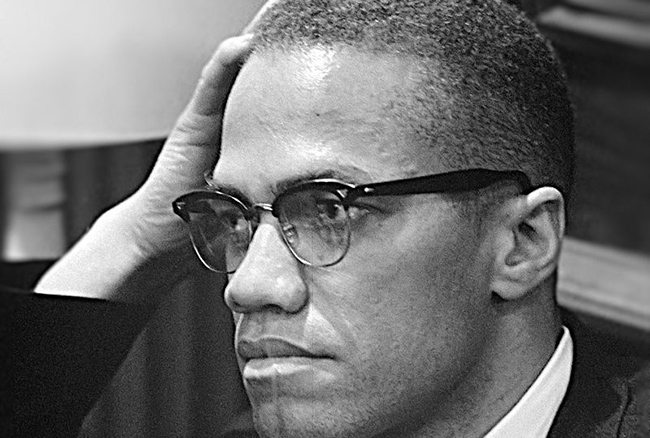OPINION – CBC to Palmater: Say thank you

By Catherine Murton Stoehr
Justice advocates face a dilemma when talking to the press. They can play nice and live to represent another day; a strategy chosen by powerful activists throughout history. Or they can tell a truer story, and risk losing credibility.
Last week Canada’s national broadcaster, the CBC, asked Dr. Pam Palmater, Chair of Indigenous Governance at Ryerson University, for her analysis of Justin Trudeau’s recent remarks to the United Nations then fought her every step of the way.
Dr. Palmater, who is a member of Eel River Bar First Nation, explained that in his address the Prime Minister described historical wrongs committed by Canada against Indigenous people but failed to mention his own government’s ongoing discriminatory polices toward them. She observed that in identifying existing problems in First Nations communities Justin Trudeau “very conveniently forgot to say that the major contributing factor to all of these socio-economic problems that exist today in First Nations are current laws and policies, current political decisions, and current failures to protect the basic human rights of First Nations.”
And then things got strange.
Completely ignoring the detailed information Palmater shared about the consequences of current day policies, the interviewer reminded Dr. Palmater of some of the Liberal government’s achievements: 4000 new houses and two dozen lifted boil water advisories. When Palmater pointed out that 4000 new houses is hardly an accomplishment against a backlog of 85 000 houses on reserve the interviewer doubled down, saying “They’ve only been in power though for two years, I’m mean I’m not defending them but, this government has only been there for less than two years.”
Things got worse from there.
Palmater deftly dismantled the interviewer’s increasingly gymnastic attempts to justify a government repeatedly caught out in what the Canadian human rights tribunal has called, “discriminatory, racist, purposeful, chronic underfunding” of First Nations programs. Undaunted, the interviewer pressed Palmater, who he was now addressing as “Pam”: “you know, we can quibble about whether it was history but in many ways [the speech] was quite critical of the role that Canada has with its own indigenous people and he chose a world stage to talk about that.”
Hold my coffee.
First, setting aside Canada’s sudden acquisition of every First Nation in the territory, the interviewer asserted his own authority to reject Dr. Palmaters’ analysis in real time on air. Every line of causality she had drawn between current liberal policies and socioeconomic problems of First Nations was suddenly a “quibble about historicization” rather than newsworthy real world events.
Second, this was, by my count, his third invitation to Palmater to express some form of gratitude to the Canadian state in general and the current Liberal government in particular. It brought to mind a line that Malcom X dropped on a reporter who asked him to acknowledge that America was making progress in racial equality: If you stick a knife in my back nine inches and pull it out six inches there’s no progress there. You pull it all the way out that’s not progress. Progress is healing the wound that the blow made and they haven’t even begun to pull the knife out much less try and heal the wound. They won’t even admit the knife is there.
By asking Dr. Palmater to express gratitude to Prime Minister Trudeau for speaking about First Nations at the UN and ignoring her critique of current Liberal policies the interviewer was asking her to collude with him in denying that the knife is even there. It is important to note the audacity of this request that the media frequently make to Dr. Palmater, and countless other First Nation representatives, and the erasure of human experience it implies.
In Dr. Palmater’s words “there’s a real disconnect between the [current government’s] great sounding words, that will mislead a lot of Canadians, and what is actually happening on the ground.”
Canadians rely on the CBC to reveal, not obscure, the trajectory of the knife and the state of the wound. I hope they’re up to it.


